
- In pictures
- In pictures
A medical history of smoking, from cure to killer
Today smoking is seen publicly as a deadly vice, privately perhaps as more of a guilty pleasure. Follow tobacco’s journey over the centuries from medical remedy to killer carcinogen.

- Article
- Article
Our endless quest for eternal youth
From poisonous 16th-century cosmetics to the latest “vampire facelift”, discover the fashions in unsavoury methods for improving our appearance.

- Article
- Article
The men who meddled with nature
The ‘acclimatisation societies’ of the 19th century sought to ‘improve’ on the natural world by releasing non-native species into the wild. The effects were disastrous.
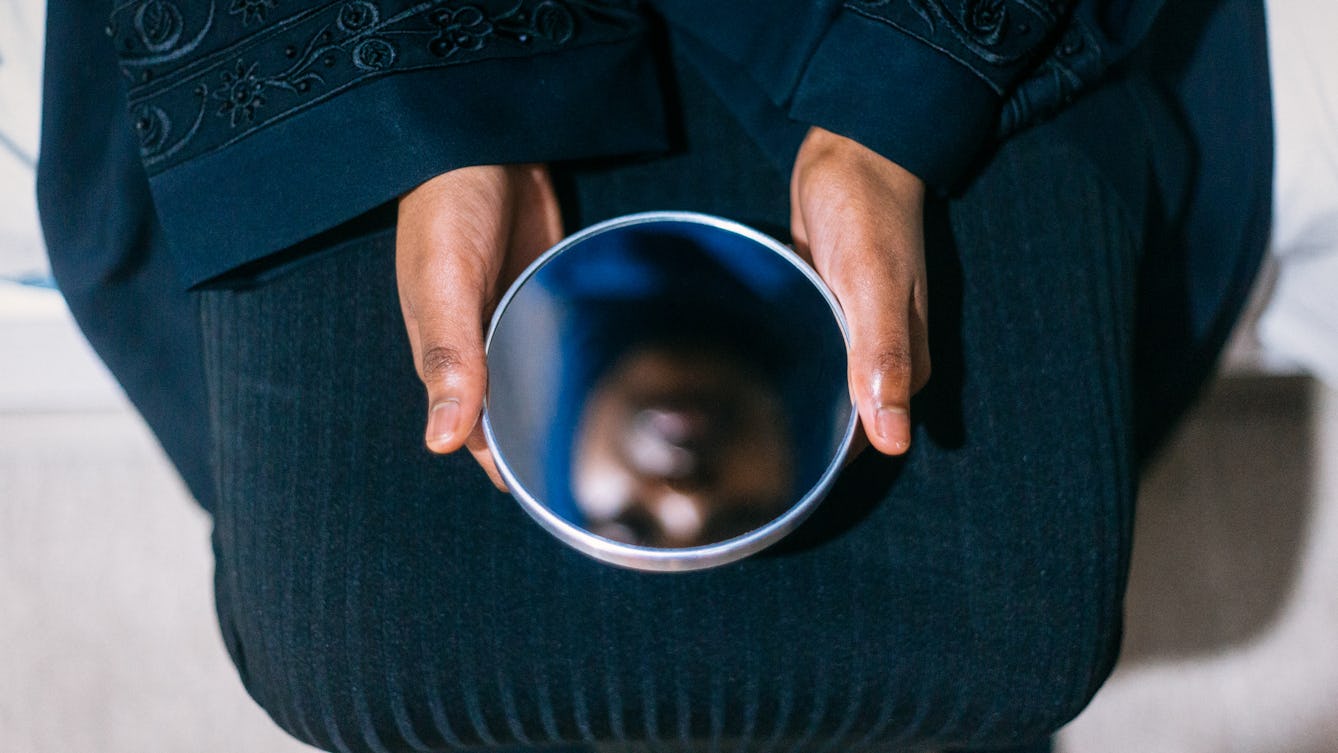
- Article
- Article
Colonialism and the origins of skin bleaching
The widespread practice of skin bleaching was heavily influenced by the Western colonisation and slavery of African and South Asian countries. Ngunan Adamu explores this toxic history.

- In pictures
- In pictures
Fraught fertility and making royal babies
Producing a male heir has been seen for centuries as a queen’s most important role. Here Estelle Paranque explores the lives of four queens whose route to royal motherhood was far from smooth.

- Article
- Article
Hunting lost plants in botanical collections
A bark specimen at Kew recalls the story of a South American man who harvested the most potent source of the only effective malaria treatment available in the late 1800s. Killed for his work and forgotten by history, Manuel Mamani was a victim of the colonial juggernaut.

- Article
- Article
Unravelling genetic origins from the potato to cinchona
Starting with the humble potato, Nataly Allasi Canales reveals how researchers unearth the genetic origins of modern plant varieties, and explains why their work is so important for biodiversity.

- Article
- Article
The secret lives of Britain’s first Black physicians
Dr Annabel Sowemimo explores the web of connections between early Black British doctors, the role of empire in West Africa and the pernicious reach of scientific racism.

- Book extract
- Book extract
Ayurveda: Knowledge for long life
The story of medicine in India is rich and complex. Aarathi Prasad investigates how it came to be this way.

- Article
- Article
Deciding a date for the end of the world
When will the world end? Charlotte Sleigh explores how our obsession with dates and dramatic imaginings of the end can distract us from the dangers slowly creeping up on us.
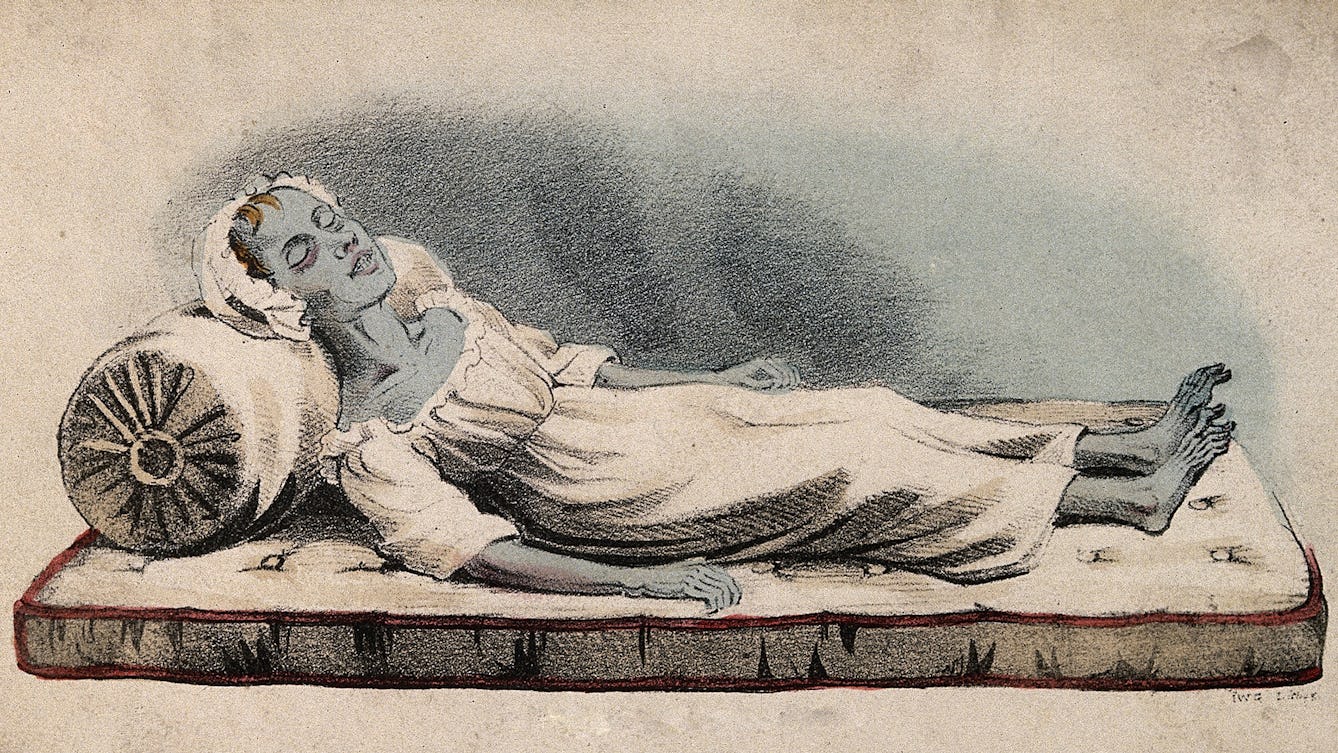
- Article
- Article
The colonist who faced the blue terror
India, 1857. In a British enclave, Katherine Bartrum watches her friend, and then her family, succumb to the deadly cholera.

- Article
- Article
Chillies and the trouble with Scoville
Measuring the heat of these peppers can leave you a little lukewarm.

- Article
- Article
Why zombies can’t help coming back
Although it might appear that zombies are a 20th-century phenomenon, created for the horror-movie industry, they’ve actually been around since medieval times. Find out what zombies like to do, and how to get rid of them.
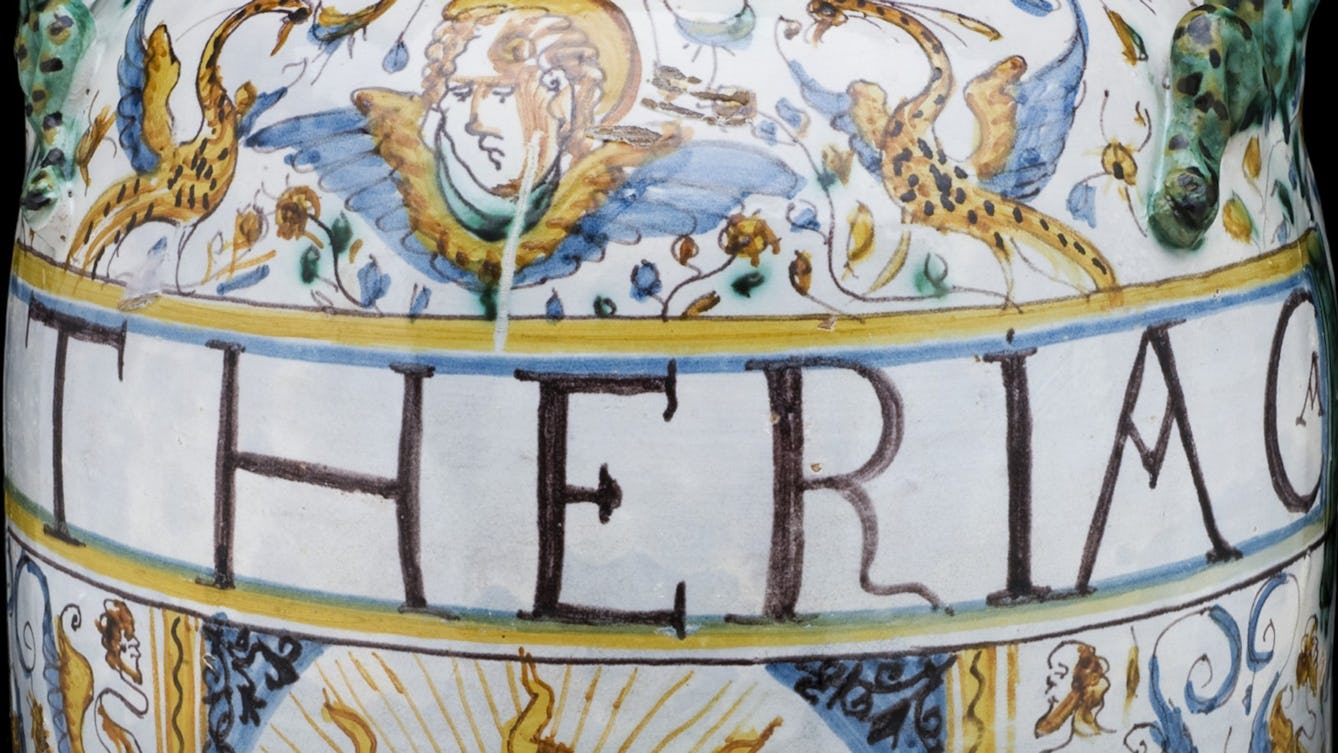
- Article
- Article
Theriac: An ancient brand?
The name theriac survived for around for two millennia as a pharmaceutical term. But a ‘brand’ name is not always a guarantee of quality.

- Article
- Article
Making sunstroke insanity
Medical historian Dr Kristin Hussey takes a closer look at sunstroke and mental illness, and how, in the late 19th century, they connected at the crossroads of colonial science and the idea of whiteness.

- Article
- Article
The Martians are coming
For over a hundred years, antagonistic alien invaders have been a popular focus for the imagined end of the world. But the destructive consequences of human behaviour is far more frightening.

- Article
- Article
The stranger who started an epidemic
New Orleans, 1853. James McGuigan arrives in the port city and succumbs to yellow fever.

- Article
- Article
Natural eating in Jamaica and the Caribbean
Riaz Phillips is passionate about the Jamaican food he grew up with and plant-based Caribbean food he came to later, like roti, baiganee and vegan stews and curries. Here he explores the origins and surging popularity of these natural ‘health foods’.

- In pictures
- In pictures
Health and the medieval church
Historian Emma J Wells examines at how medieval European churches sought to keep their parishioners healthy.
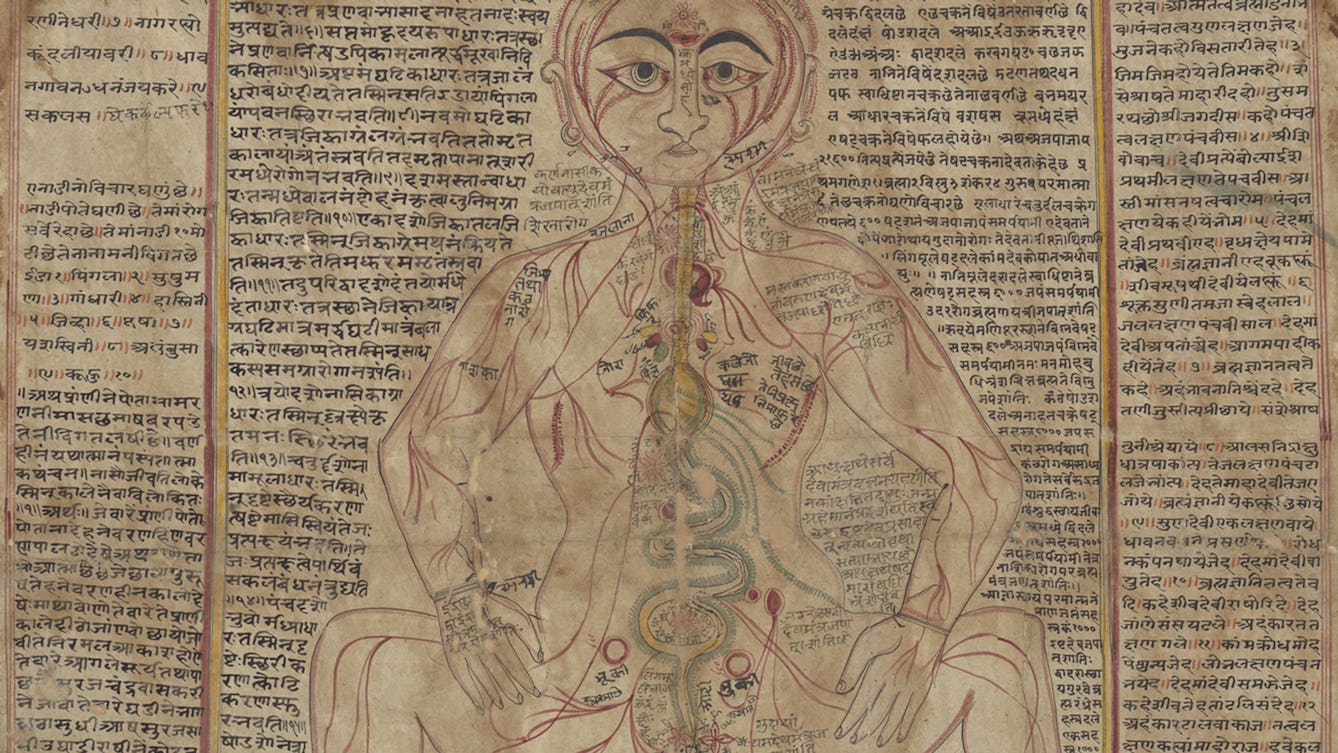
- Article
- Article
Mapping the body
These intricate anatomical drawings show how Ayurveda practitioners have explored the human body and how it works.

- Article
- Article
Lovesickness and ‘The Love Thief’
An 11th-century poem of love, lust and possibly gruesome death still resonates today.
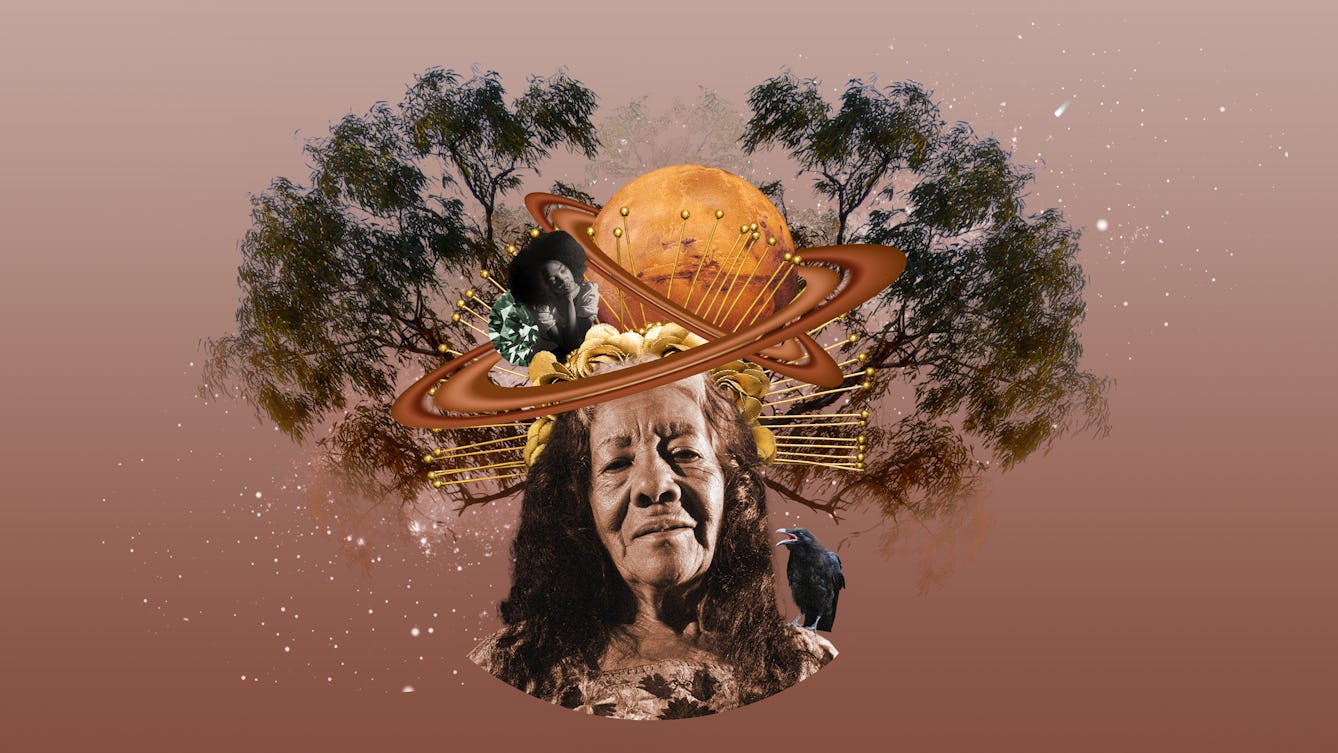
- Article
- Article
Crones
Menopause can be tough when nobody talks about it and all the stereotypes are negative, but it can also be transformative, marking the start of a new stage of life - cronehood.
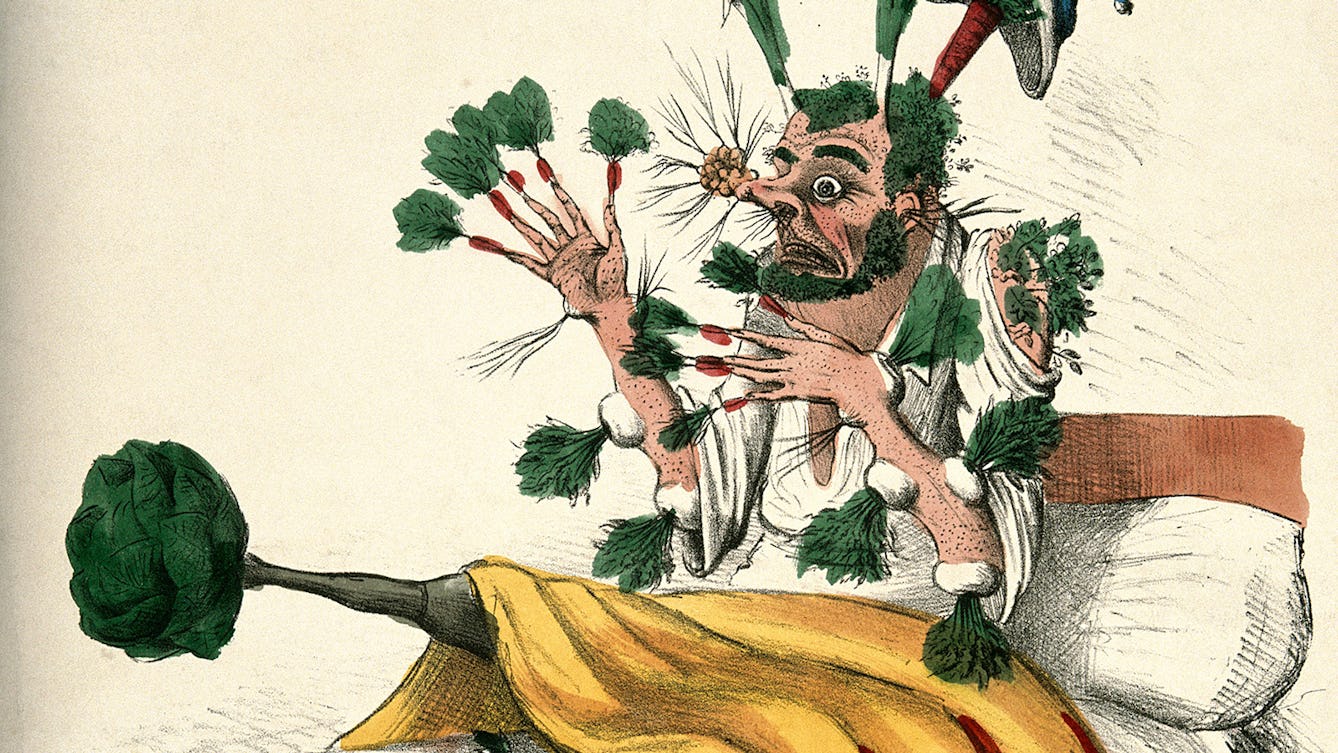
- Article
- Article
Graphic battles in pharmacy
James Morison’s campaign against the medical establishment inspired a wave of caricatures mocking his quack medicine.
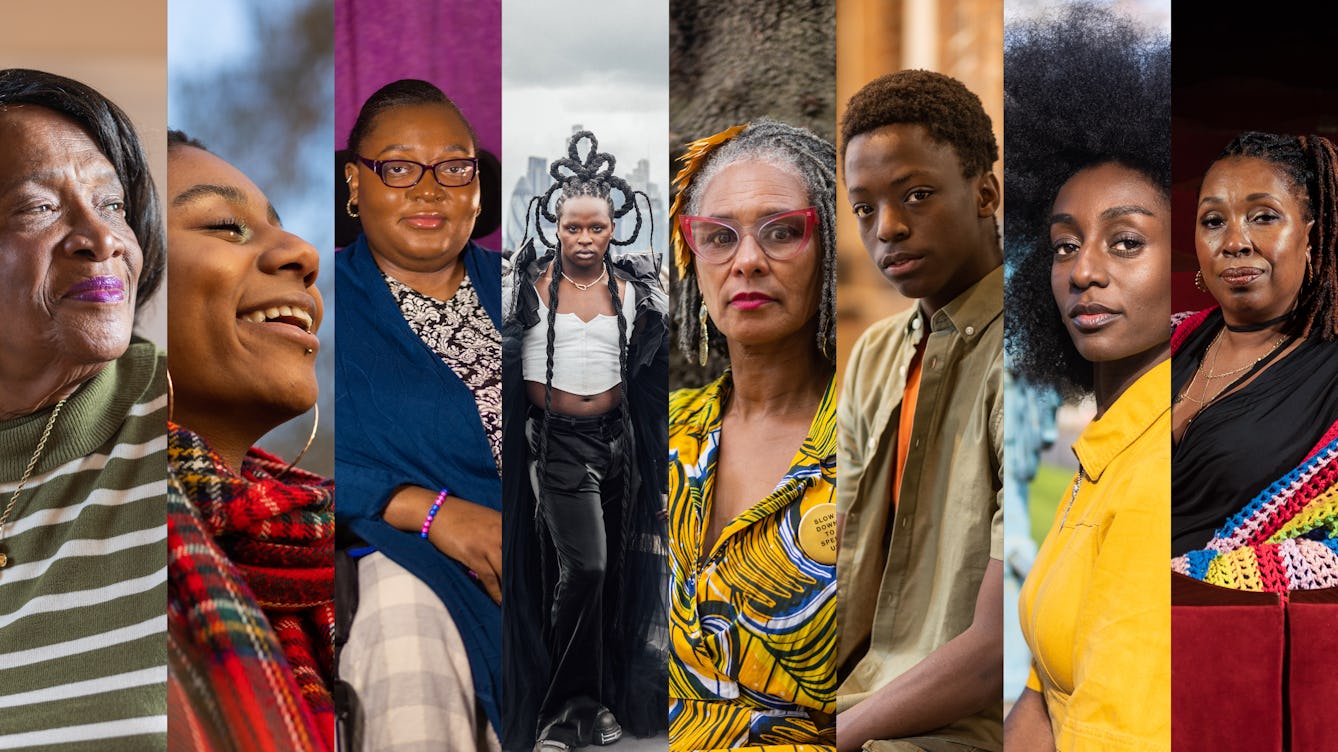
- Photo story
- Photo story
‘My Hair Is Not…’
Eight Black people talk about their relationship with their hair – their hairstyle history, their experiences, and how they decided to have natural hair.
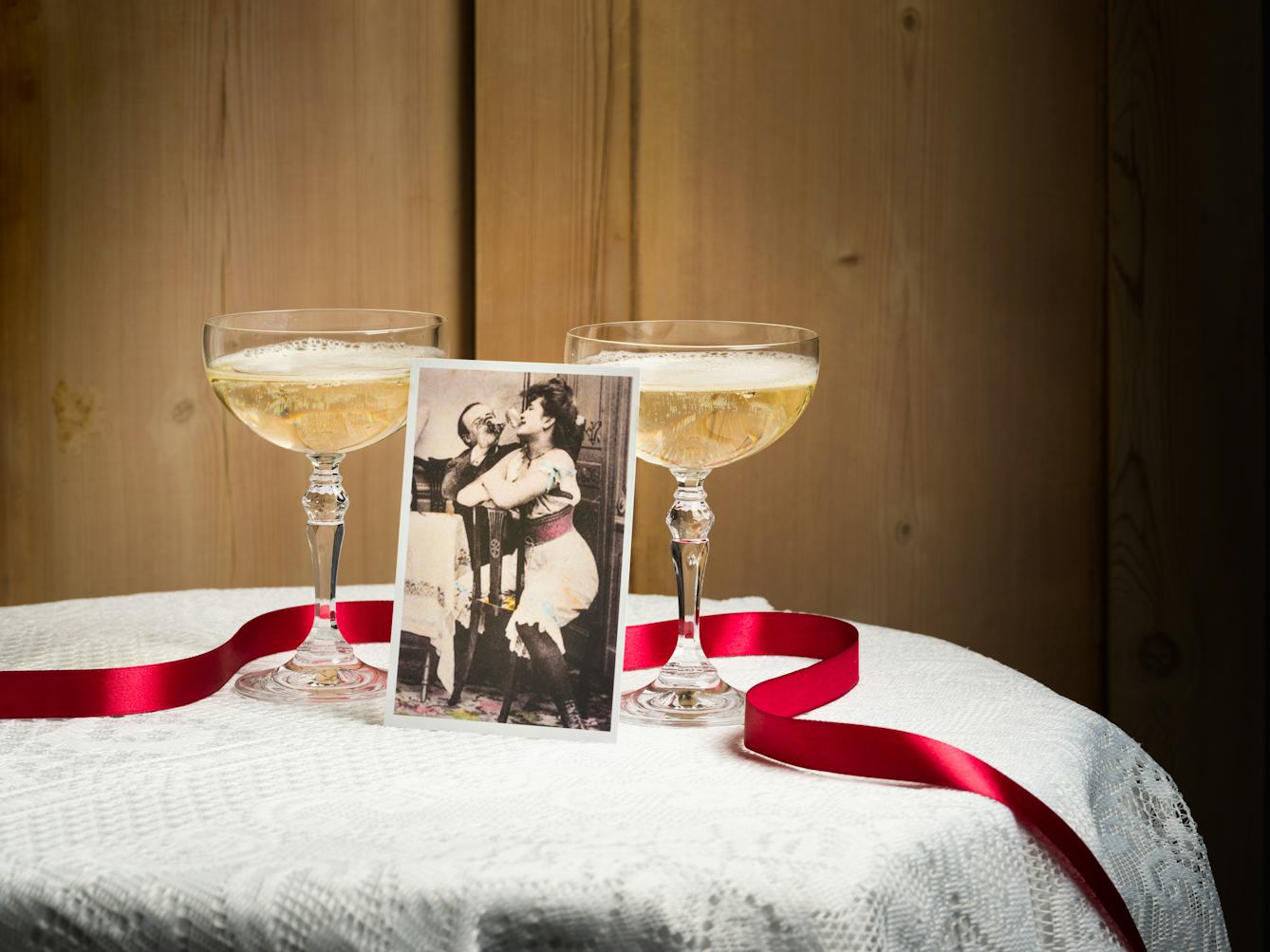
- Book extract
- Book extract
A history of sex for sale
Kate Lister’s cultural history of the sex trade puts sex workers centre stage. In this extract, she argues why the way we write, think and talk about sex work matters.